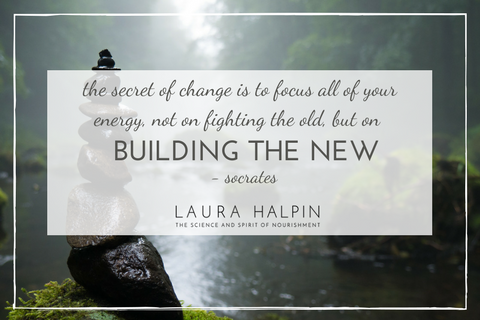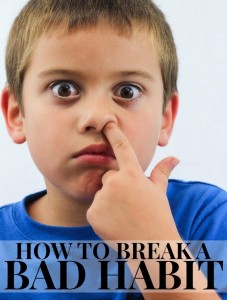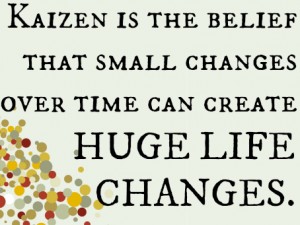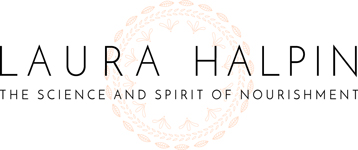
It’s February and I’m sucking at my New Year’s resolutions
They should have been easy ones because they were all about ease:
Go to bed early (by 10 p.m.) and keep a Sabbath.
There are many aspects of my health and life I want to guard: my mental health, cognitive sharpness, my creativity, playtime, my physical and emotional resilience, immune strength, and my pleasure reading. As someone who works from home, I also want distinction between time working and time off.
By cutting back on the hours I allow myself to work and by getting enough sleep, I know that I can enhance all of the above. I can focus on a bunch of smaller bad habits OR I can work from the root: lack of rest.
Initially, as I set to establish these new practices in mid-December, I was giddy with success. I developed a wonderful evening routine of yoga, reading and journaling before I got into bed. I got up early, meditated and practiced more yoga. I had to be much more focused and efficient during the day to have an enforced day of rest and play on Saturday or Sunday, yet I found the necessary focus because of my new sleep routine.
 I was so bewildered when life intruded and my month-long habit disappeared. I won’t bore you with the sordid details.
I was so bewildered when life intruded and my month-long habit disappeared. I won’t bore you with the sordid details.
Within a few weeks of January, my desk was a mess. I was behind and frazzled. I felt I had no choice but to stay up late to “get stuff done.” That was the end of my early-to-bed Zen. I had slipped back to my default. Damn.
Yet All is Not Lost.
My resolution failure has launched me on an interesting journey of self-examination. Since December, I’ve also been researching the process and required landscape of long-term change. The most interesting and helpful realizations and discoveries thus far:
- There is no reason to believe we will magically develop the skills to maintain our new resolutions if we’ve never demonstrated the skills in the past. Because of this, I’ve decided that rather than declare myself suddenly and mysteriously equipped with skills I’ve never had, I will give myself the year to develop the skills necessary to incorporate these resolutions into my life. If I don’t perfect these skills by the end of the year? Then, I’ll give myself more time. If you’ve decided to exercise when you’ve never done so, or to be patient with your spouse when you’ve always been reactive, a more realistic resolution is to equip yourself over time to meet these goals. As I’ve written about before, it’s important to identify the obstacles to change and work from there. No one’s sprinkling fairy dust on us just because it’s a New Year.
- There are often deeper issues at play that keep us “in place.” For me, it isn’t just a matter of deciding to go to bed early. Lurking below the surface is the question: “What is my relationship with time?” “Am in ‘in choice’ or victimized when it comes to time?” “Do I plan my time?” Do I guard my time or act like it belongs to other people?” “How can I work from the inside out and from the outside in to restore a healthy relationship with time?” “Am I worthy of rest and play?” I often perceive underlying issues when I’m working with my clients. For some, the obstacle to better self-care is the belief that there is not enough time to eat well/cook. For others, there’s a self-sabotaging belief about worth, or a need to be invisible, or an issue of control that stems from a sense of being out of control. We cannot just decide we’re going to be different without taking a look at what is driving our behavior. Beliefs drive behavior.
- Change is not linear. There are many stages of change. “Contemplation” is one; “preparation” is another. When we enter into the phase of “committed action,” things like stress, trauma, or lack of encouragement can bounce us back into earlier stages. We can’t give up on our goals just because we experience a lull in action.
- Too much change too quickly can work against us. I just started a book entitled “The Kaizen Way” by Robert Mauer, who writes that we are most likely to succeed at change when we take the smallest steps. When we take on too big of goals, we trigger our fight-or-flight response, which shuts down our ability to plan, stick to our goals, and be aware of the implications of our actions. Fear and stress reinforce habitual behavior. By taking on the eensiest, teensiest steps (i.e. “I will say one nice thing to my spouse today:” “I will plan one meal this week;” “I will stand on the treadmill for one minute;” “I will roll out the yoga mat and sit for two minutes”), we avoid triggering our fear response and thus enable our brains to focus on our larger goals.

- Being self-critical works against us. Understanding this fact is revolutionary. As I wrote last week, I’ve been listening to Kelly McGonigal’s The Neuroscience of Change. One point she makes about change is that it’s too easy to confuse self-criticism with self-accountability. Self-accountability (being aware of behaviors, assessing whether behaviors are in line with goals and guiding oneself back on track) does NOT require being hard on oneself. In fact, self-criticism makes one more likely to lose motivation and self-control and less likely to succeed at achieving goals. We just cannot get around the importance of self-compassion. Kindness is a necessary component of change.
- When we try to change, we can expect outside and inner forces to rage against our progress. In Dr. Joe Dispenza’s Breaking the Habit of Being Yourself, he writes about how a new behavior creates disequilibrium in both our inner and external environment. Just notice that when you set a goal for a new exercise plan, for example, you’ll get sick, your car will break down and keep you from getting to the gym, your boss will set a more rigid deadline that gobbles up your workout time, etc. Don’t let this discourage you. If anything, take these obstacles as a sign of progress. By keeping your eye on a desired outcome and continuing to act as if your new routine is a reality bringing about desired results, you can slowly create new habits. In fact, rehearsing and inhabiting a new reality in our minds is a required step of change.

- We can enjoy the process. Our babies didn’t hate learning to walk nor did they kick and scream when learning to ride a bike a couple years later. We can approach our growth with the same humor, determination, exuberance and sense of wonder.
All this to say I’m not giving up. I’m curious, determined and open to the setbacks and small delights along the path of change.
Along the same vein, in the (Peri)Menopause Makeover series, we will look at the undercurrents of our self-care habits. If you feel stuck, frustrated or are interested in bringing about positive changes in a community of thoughtful, intelligent women, join us. We will approach our self-care habits compassionately and mindfully.
It starts on Tuesday. I have a couple spots in both my morning and evening sessions. Click here for more details. Would love to have you.
Warmly,
Laura



